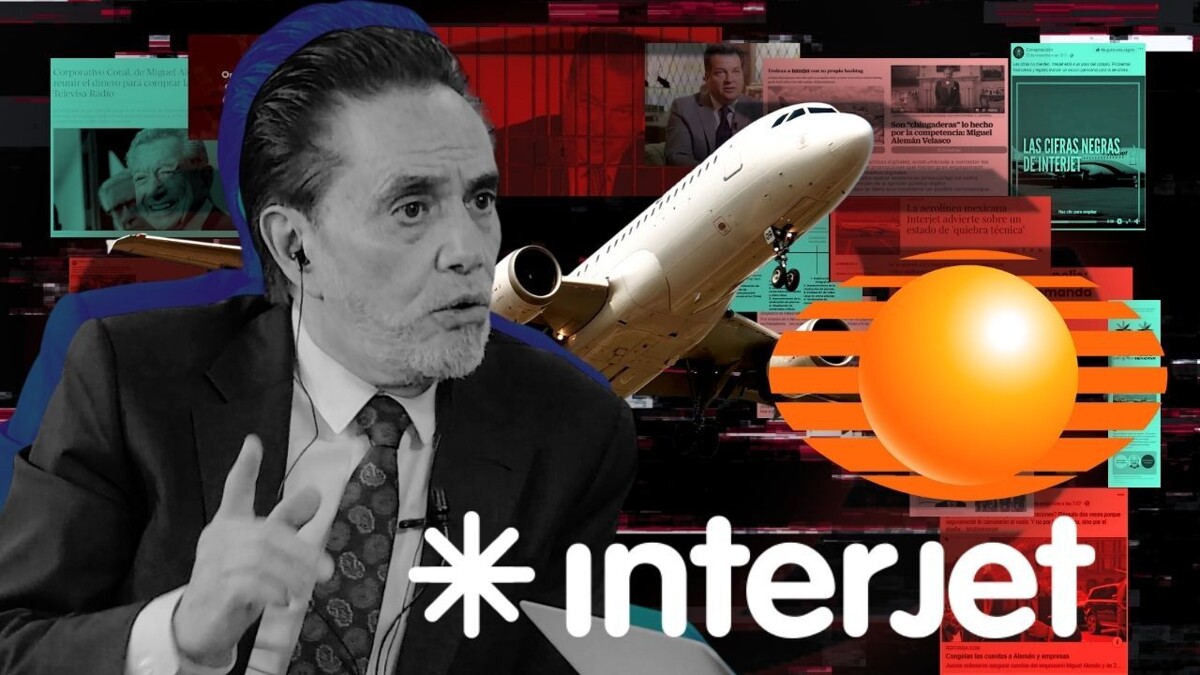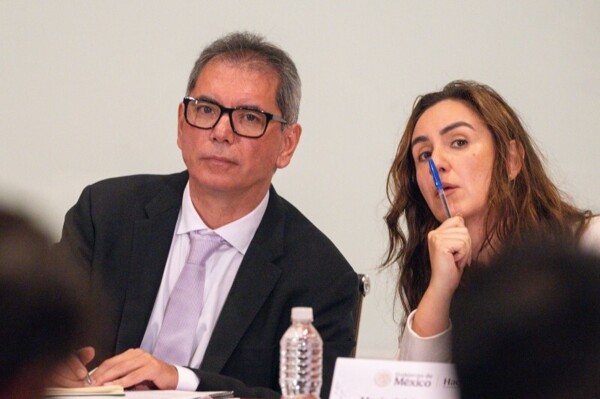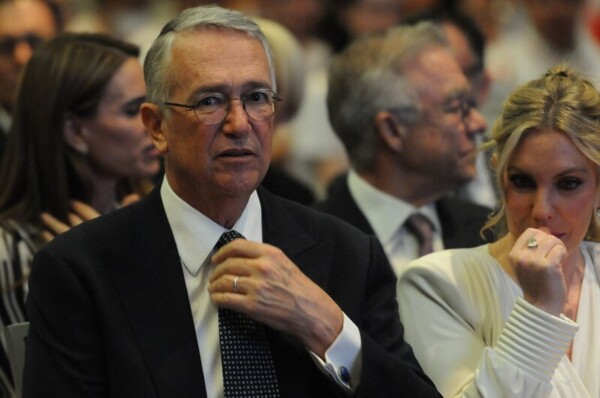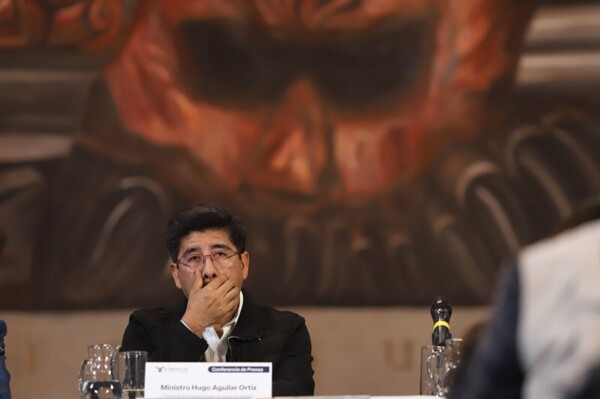
The day after Miguel Alemán's purchase proposal to Interjet, the question arose: "How could a company with an annual revenue of 1.4 billion dollars be bankrupt?" The businessman discovered that the airline had been struggling for years, with unpaid tax debts since 2012. The decision was made to close it and find someone who would publicly indicate that the company could not be saved.
The Televisa Leaks investigation revealed in 2019 the existence of "Operation Vuela Vuela," a Televisa strategy to disseminate memes, videos, and hashtags like #GoodbyeInterjet, thereby creating the perception that the airline was unsafe and bankrupt. Despite this, Alejandro del Valle, president of Interjet, committed to saving the company.
Del Valle claimed that Interjet's downfall was not only due to Televisa's smear campaign, but also to internal betrayal. Amid legal and financial conflicts, he revealed potential alliances between collaborators of the Alemán family and Televisa to sink the company.
In an interview, Del Valle mentioned that he found himself in the middle of a dispute between two major players and that he arrived at Interjet in June 2020 to address an urgent debt with Televisa Radio. Although he acknowledged that there was a campaign against him, he asserted that the airline retains its reputation and that 40% of Mexicans would fly with them again.
The airline has already paid off part of its debts with employees and has agreements with key creditors to overcome bankruptcy. With plans to restart operations with 20 aircraft and reach 60 within a year, Del Valle is confident in reviving the brand. Despite the obstacles and the negative image generated, the company continues to work to move forward and regain its position in the market.














